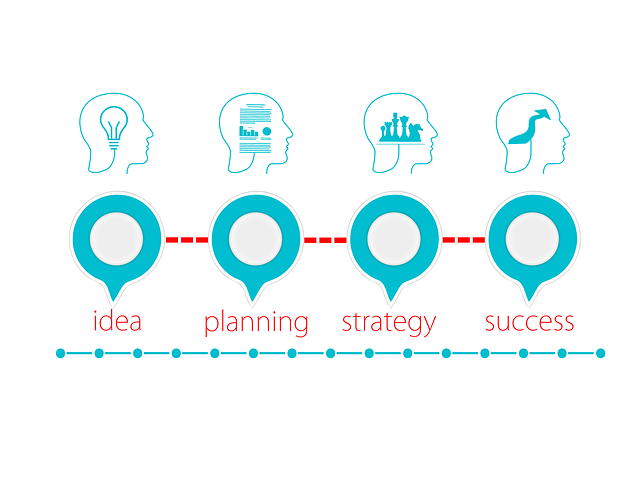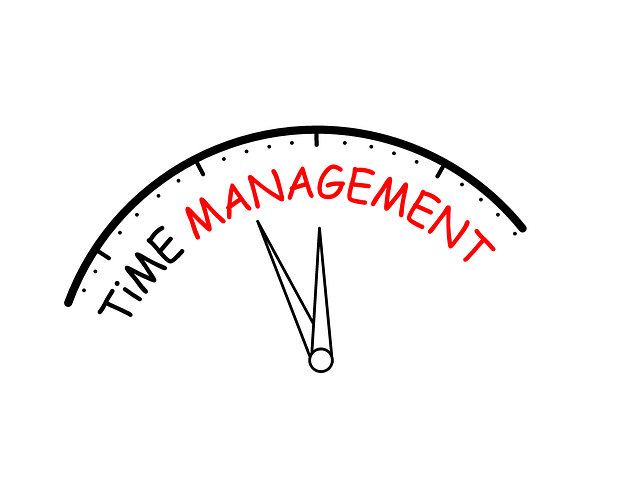Categories more
- Adventures (17)
- Arts / Collectables (15)
- Automotive (37)
- Aviation (11)
- Bath, Body, & Health (77)
- Children (6)
- Cigars / Spirits (32)
- Cuisine (16)
- Design/Architecture (22)
- Electronics (13)
- Entertainment (4)
- Event Planning (5)
- Fashion (46)
- Finance (9)
- Gifts / Misc (6)
- Home Decor (45)
- Jewelry (41)
- Pets (3)
- Philanthropy (1)
- Real Estate (16)
- Services (23)
- Sports / Golf (14)
- Vacation / Travel (60)
- Watches / Pens (15)
- Wines / Vines (24)
- Yachting / Boating (17)
What Are Business Strategies
Published
08/23/2023Businesses develop individual strategies to achieve goals. A strategy in business is considerably more complex to form and put into action than a business plan. A plan is what you intend, but a strategy combines decisions with actions to secure a result.
A strategy means to secure a business's place in its competitive sector, the foundation of the company serving as the outline leadership, and staff will follow directly to objectives. If there are any obstacles along the path, the competition can swarm in rapidly, with the business losing its place in the market.
With an effective strategy, management and the varied departments work together to breathe life into the strategy ensuring that each decision supports the company's direction toward the set goals. A vital part of a strategy is periodically ensuring everything is on track.
Adjustments or changes to the strategy might need to be made to keep it moving forward. Let's examine an example of a business strategy capable of keeping a company productive and focused on the result.
Tips On Time Management as an Effective Business Strategy
An essential business strategy for small business owners is time management, particularly since time is a precious commodity for the small business.
There are exceptional resources; please visit https://www.getharvest.com/resources/time-management-strategies, meant to help companies develop time management habits, a challenging task for the smaller organizations.
When effective time management is implemented, productivity increases, decision-making improves, and the focus stays on the goals. Follow these tips for more efficient time management.
Organization
Progress will slow where there's clutter in the figurative sense and literally. When the staff feels the load is excessive, leading to an overwhelmed workspace, producing effectively is challenging.
Organization should be prioritized by ridding the area of unnecessary items that can either be tossed or scanned and electronically filed. Set goals in increments that are attainable weekly to avoid being overwhelmed with priorities first.
Pay attention to the times you're most productive and use those for challenging and important projects.
Delegate
When taking on a new leadership position, most want to prove themselves capable by taking on virtually any and every task associated with the company.
In running a business, you've learned by doing, meaning you have knowledge in most skills that relate to business operations, including accounting, marketing, and on.
As time passes, it becomes more difficult to handle effectively and efficiently each of these roles, with it being vital to learn to delegate or outsource tasks to allow the potential for a focus on reaching company goals.
The priority is to look at the duties often put off and how these tasks could be better handled. If staff is already overloaded, look at independent resources specializing in the work with whom you can work as necessary but with enforced deadlines. Go here for guidance on effective strategies for reaching business goals.
Finances
Incorporate accounting software to help with handling finances, a time-intensive, stress-inducing part of a small business. An adequate system allows the greatest time savings and organization. Many options are available on the market that offer a myriad of features to simplify the accounting processes.
It's important to take time to compare the different choices on the market to find the most user-friendly and a solution that meets your business needs.
Disruptions and distractions
"Solopreneurs" struggle with remaining motivated and productive without being readily disrupted or distracted. Acting as your own boss means you must diligently stay focused and on track. A few tips that can help in this effort include the following:
- Set your schedule for work hours and ensure that you arrive physically and mentally prepared to stay in the moment during these hours.
- Avoid using the computer to browse websites that are not work-related during your working hours. Some apps are available that will block these websites. You can also set up a workspace complete with a laptop you use specifically for work.
- Keep the mobile silent during work hours.
In the same vein that you have set working hours, once the end of the day arrives, leave the workspace and enjoy private time to support a healthy life-work balance.
You'll find you're more productive at the "office" when it's treated like a work day, especially if you appoint a specific space that you rise and go to each morning and leave at the end of the day. This area should be separate and apart from personal space if you work from home.
Try not to multitask
Many staff members are encouraged to multitask with the notion that it's the best way to carry out a lot of tasks efficiently. It's, unfortunately, less effective since the brain needs to refocus when starting a new assignment, creating a delay in productivity and the potential for mistakes.
The ideal methodology is to focus as much attention as necessary on completing a task thoroughly and with the greatest efficiency allowing each day to be organized based on a specific schedule involving those particular tasks. You might decide to return calls first thing and then respond to emails.
Once tasks are completed on a checklist created for each day, move on to the next duty allowing for an organized and error-free day.
Take time away
Small business leaders need to take time away from the company despite many instances where they comprise the extent of the company. The problem with not scheduling any breaks is the mental and physical strain on wellness and its effect on decision-making and creativity.
Often once allowing themself to relax, business owners attest this is when they realize the greatest solutions. It's when your subconscious can better navigate the jumble of details to have its revelation.
That doesn't necessarily mean you need to take a vacation to have your best ideas, though vacations are always a good idea. You should add time to your schedule for hobbies, spending time with close friends, or having all-important moments of self-care.
Final Thought
As a business strategy, time management is essential, particularly for small businesses where time is often considered a limited commodity. Developing an effective strategy helps to increase productivity, improve decision-making, and keep focus on the goals.
That's essentially what a strategy is: an effort to achieve a company's goals. Most companies, especially small businesses, have comparable ones, including overshadowing the competition, an endless struggle. The slightest obstacle can leave an opening for the competition to swarm.
When a small business stakes its claim in the market, it can expand its reach, steadily building its company and eventually calling itself a success. At that point, the company is ready to set new goals and prepare a challenging new strategy.


















